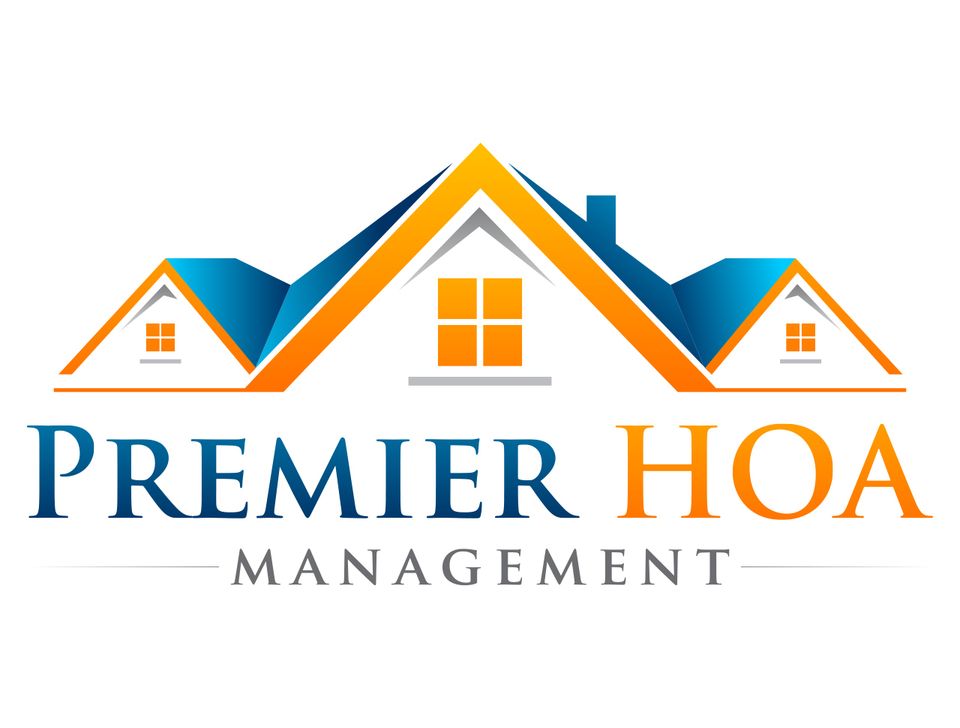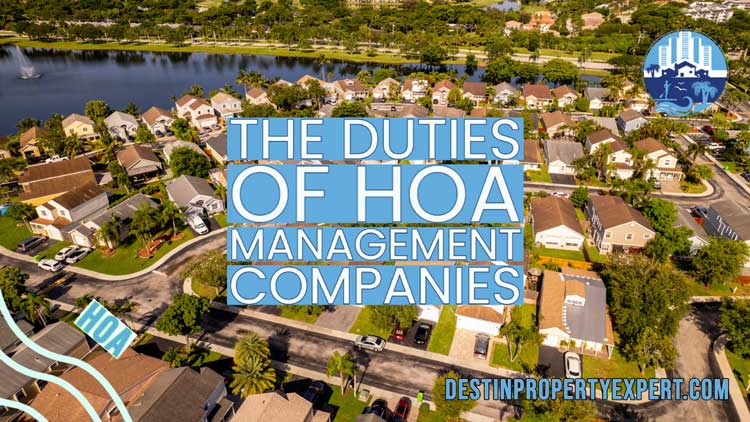Transform Your Community with Professional HOA Management San Antonio
Wiki Article
From Financials to Maintenance: Understanding the Art of HOA Administration for Community Organizations
Taking care of an area association requires a delicate balance between economic obligations, efficient interaction, and reliable maintenance operations. From managing spending plans and economic statements to working with upkeep jobs and implementing guidelines and rules, HOA administration can be a complex art that demands a diverse collection of abilities. In this conversation, we will discover the numerous facets of HOA administration, from the complexities of financial monitoring to the relevance of maintaining a well-functioning area. By delving right into these vital locations, we aim to offer valuable insights and approaches for mastering the art of HOA management, leaving you outfitted with the expertise and tools needed to browse the difficulties that might arise within your neighborhood association.Understanding Financial Obligations
What are the crucial monetary responsibilities that area associations need to understand and manage properly? Community organizations play a crucial function in managing the financial resources of their communities. hoa management san antonio. To make sure the economic well-being of the association, several essential responsibilities should be comprehended and handled efficientlyFirst and leading, community organizations should develop and keep a comprehensive spending plan. This involves precisely approximating costs and revenue sources, such as monthly charges, unique evaluations, and rental income. A well-planned budget enables associations to designate funds for essential expenditures, such as repair and maintenance, insurance coverage premiums, and get funds for future resources jobs.
An additional important financial responsibility is the collection of charges and evaluations. Neighborhood organizations have to ensure efficient and prompt collection of these costs to cover functional expenses and keep the economic stability of the organization. This includes applying a clear and transparent payment policy, attending to delinquencies quickly, and enforcing any type of required legal actions.
In addition, community organizations ought to preserve exact economic records and prepare regular economic declarations. These statements offer a clear image of the association's economic health and wellness, including revenue, expenditures, and reserves. Routine economic coverage enables board members and property owners to track the organization's financial efficiency and make educated decisions regarding budgeting and spending.
Lastly, neighborhood organizations have to conform with all suitable financial guidelines and tax obligation demands. This consists of filing income tax return, keeping appropriate documents, and sticking to any legal obligations connected to economic administration.
Efficient Communication and Collaboration
Reliable communication and partnership are essential for successful HOA monitoring and promoting a natural community. Neighborhood associations depend on efficient communication to disseminate crucial details, address concerns, and make certain openness. A regular and clear line of communication in between the HOA board, citizens, and home management is important for a well-functioning community.One means to advertise reliable interaction is through normal e-newsletters or emails that provide updates on area occasions, tasks, and vital statements. This permits citizens to stay notified and taken part in the community. Additionally, developing open lines of communication via community online forums or town hall meetings can provide a system for homeowners to articulate their viewpoints, ask concerns, and add to decision-making processes.
Cooperation is equally essential in HOA administration. Encouraging collaboration among board residents, members, and boards cultivates a sense of ownership and shared responsibility. By including locals in the decision-making process and proactively seeking their input, the area association can develop a much more comprehensive and harmonious atmosphere.
To facilitate efficient cooperation, HOA management ought to develop clear goals and goals, delegate obligations, and motivate team effort. Routine meetings, both formal and informal, give a chance for stakeholders to talk about concepts, address worries, and work towards common objectives. By promoting a joint setting, neighborhood associations can harness the varied abilities, understanding, and viewpoints of their homeowners to drive favorable change and enhance neighborhood living.
Enhancing Maintenance Operations
Streamlining upkeep operations is essential for effective and affordable HOA administration. By carrying out effective approaches, community organizations can make certain from this source that upkeep jobs are performed smoothly and in a prompt fashion, minimizing disturbances and taking full advantage of resident satisfaction.
In addition, using modern technology can greatly improve upkeep operations. Applying a computerized upkeep administration system (CMMS) allows associations to track work orders, routine preventative upkeep, and keep an organized document of maintenance activities. This not just enhances efficiency yet additionally browse around this web-site provides a liable and transparent system for both residents and administration.
Moreover, contracting out particular upkeep jobs can also enhance operations. By hiring specialized contractors for tasks such as swimming pool upkeep or landscaping, associations can guarantee that these tasks are managed by experts with the required expertise, liberating inner sources to concentrate on various other elements of HOA administration.
Prioritizing Policies and Regulations
To guarantee orderly and efficient neighborhood living, prioritizing and imposing regulations and guidelines is crucial for reliable HOA monitoring. hoa management san antonio. Neighborhood associations count on a set of standards to protect and maintain an unified setting property worths. By plainly defining and prioritizing regulations and regulations, HOA administration can guarantee that residents recognize their duties and assumptionsOne of the primary steps in prioritizing regulations and guidelines is to recognize those that are most essential for the community's health. This may include conducting an extensive review of the existing regulations and policies and identifying any spaces or areas that require improvement. It is vital to involve community members in this process to ensure their buy-in and to attend to any recommendations or problems they may have.
Once the most vital guidelines and regulations have actually been identified, HOA administration have to guarantee that they are properly communicated to residents. This can be done with numerous means, such as newsletters, e-mails, area meetings, and uploading notices alike locations. Constant and clear interaction is vital to make certain that locals are aware of the laws and rules and understand the repercussions of non-compliance.
Enforcement of policies and policies is similarly vital in keeping a well-functioning neighborhood. HOA management must establish a fair and consistent enforcement procedure, which might consist of cautions, penalties, and various other ideal actions. hoa management san antonio. It is essential to strike a balance in between enforcing the regulations and regulations and maintaining favorable relationships with homeowners
Navigating Legal and Compliance Issues
Browsing lawful and conformity problems is critical for HOA monitoring to guarantee adherence to guidelines go right here and regulations. Neighborhood organizations need to run within the bounds of the legislation to maintain the trust and self-confidence of homeowners and stakeholders. Failing to conform with legal needs can cause legal disputes, penalties, and damage to the organization's online reputation.To navigate these issues effectively, HOA monitoring must remain updated on government, state, and regional laws that control neighborhood associations. This includes recognizing regulations pertaining to reasonable real estate, employment, property, and tax monitoring. Compliance with these regulations involves applying policies and treatments that protect the legal rights of homeowners and make sure transparency in functional and financial matters.
Along with lawful responsibilities, HOA administration have to also abide with the organization's governing files, such as the bylaws, restrictions, agreements, and problems (CC&R s) These papers lay out the rules and policies that regulate the neighborhood and might consist of stipulations concerning residential or commercial property maintenance, architectural guidelines, and conflict resolution processes.

Final Thought
Finally, understanding the art of HOA monitoring for area associations needs a thorough understanding of economic duties, effective interaction and collaboration, improving upkeep procedures, prioritizing rules and laws, and browsing lawful and conformity problems. By effectively carrying out these methods, neighborhood organizations can make sure the smooth performance and general wellness of their communities.By delving right into these vital locations, we intend to give beneficial understandings and methods for grasping the art of HOA management, leaving you equipped with the knowledge and devices required to navigate the challenges that might develop within your neighborhood association.
Neighborhood associations play a vital role in handling the funds of their neighborhoods. Community organizations should make certain effective and timely collection of these fees to cover functional expenditures and preserve the financial security of the association. By cultivating a collective environment, area associations can harness the varied skills, understanding, and point of views of their locals to drive favorable adjustment and enhance neighborhood living.
To browse these problems effectively, HOA management need to stay upgraded on federal, state, and neighborhood legislations that regulate community associations.
Report this wiki page